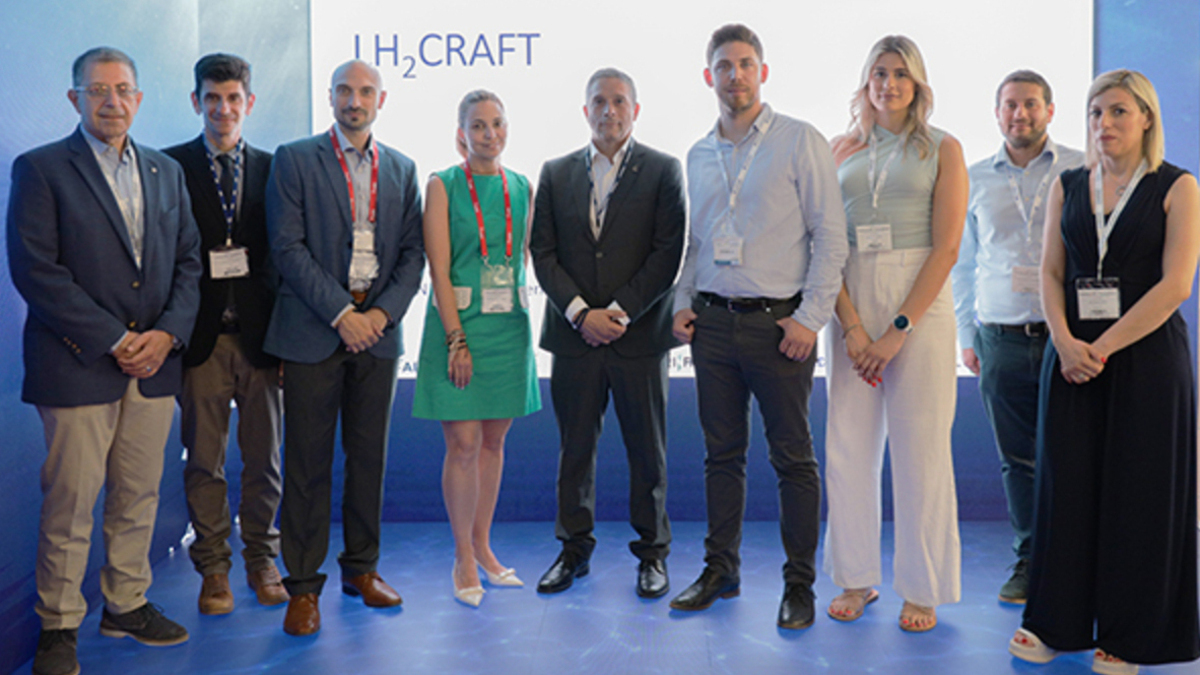Revolutionizing Seaborne Liquid Hydrogen Storage: LH2 Craft Project
Key Ideas
- The European Union-funded LH2 Craft project aims to develop sustainable and safe technology for the transport and storage of liquid hydrogen on a large scale.
- The project includes creating a 180-m³ prototype to validate new designs for storing liquid hydrogen at -253°C and has a budget of €6.5M.
- The consortium, led by Hydrus Engineering and TUD, comprises 14 partners from nine countries, including classification societies, technical universities, industry partners, and research organizations.
- ABS is part of the consortium and will review LH2 containment systems to achieve commercial viability, with the goal of contributing to global climate change efforts and fostering innovation and job creation.
The LH2 Craft project, funded by the European Union with a budget of €6.5M, aims to revolutionize seaborne liquid hydrogen storage. The project's primary goal is to develop a sustainable, commercially attractive, and safe technology for the long-distance transport and long-term storage of liquid hydrogen. This initiative involves creating new designs capable of storing liquid hydrogen at -253°C on a massive scale, potentially reaching up to 200,000 m3. To validate the new storage designs, the project will develop a 180-m³ prototype. With €1.2M in private investment, the project seeks to create technologies that can benefit commercial vessels and other emerging applications while enhancing safety and scalability.
The research consortium administering the project includes Hydrus Engineering, TUD, and 14 partners from nine countries. The partners consist of classification societies like ABS, RINA, Bureau Veritas, technical universities such as Technische Universitat Dresden, industry partners like HD KSOE and Gabadi, and research organizations like The Welding Institute. ABS, a classification society, will review LH2 containment, handling, and distribution systems to achieve commercial workability.
The project aims to address technical challenges in adopting hydrogen as cargo while also considering infrastructure development, regulatory frameworks, safety protocols, and economic viability. ABS Vice President Panos Koutsourakis highlighted the significant opportunities in developing a hydrogen value chain, including driving technical innovation, creating job opportunities, and establishing new markets.
The LH2 Craft project reflects a positive sentiment towards hydrogen, aiming to contribute to global climate change efforts and promote innovation and sustainability in the transportation sector.
